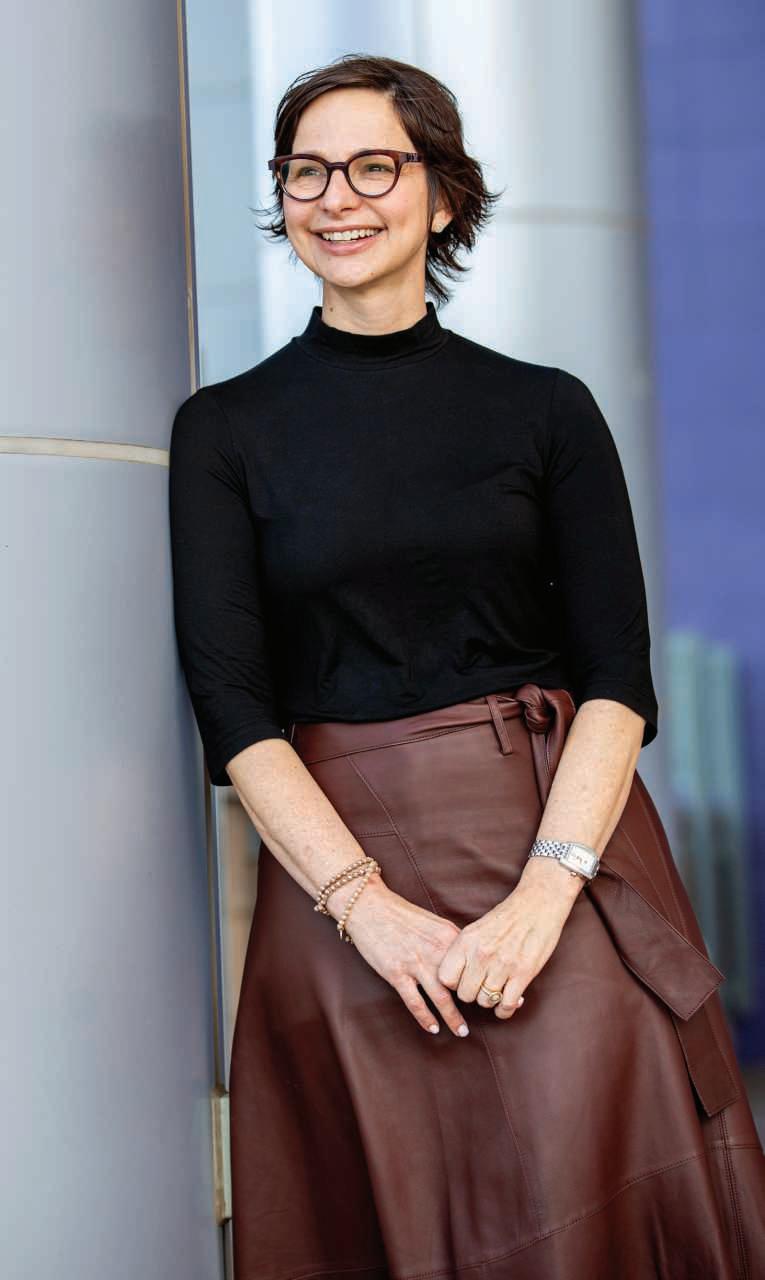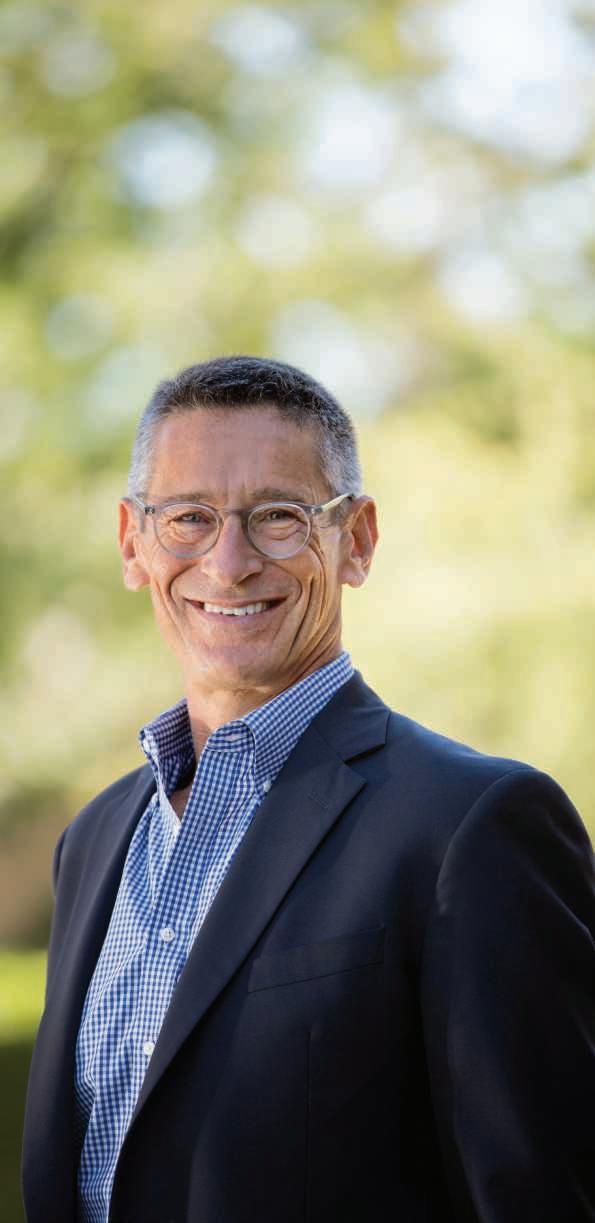
2 minute read
Fostering Discovery: Bringing the Future of Cancer Treatment to Phoenix
BRINGING THE FUTURE OF CANCER TREATMENT TO PHOENIX FOSTERING DISCOVERY
HOPES & DREAMS SPRING 2020 Dr. Roberta Adams, Hematology and Oncology
After all else fails, it’s CAR-T to the rescue.
When CAR-T* cellular therapy hit the world of oncology, it was heralded as a revolutionary breakthrough in cancer treatment and a powerful last step when chemotherapy and other treatments have failed.
Traditional chemotherapy can be devastating to a patient’s system, attacking tissue throughout the body – whether cancerous or healthy – and causing debilitating illness. Some cancers are also highly resistant to chemotherapy, leaving patients with minimal chances of a cure.
Enter CAR-T, a form of immunotherapy that genetically alters a patient’s own cells to recognize, target and destroy only the cancerous cells, leaving healthy cells intact. Early evidence indicates that this approach not only minimizes side effects, but also has the potential to keep more patients in remission for longer.
Since CAR-T therapy gained FDA approval in 2017, a handful of hospitals across the country – including Phoenix Children’s – were selected to enroll patients in the treatment. Given its excellent clinical outcomes, Phoenix Children’s is now managing one of the largest cohorts of CAR-T patients nationally – treating more than 10% of all patients receiving the innovative new therapy in the United States.
Phoenix Children’s enrolls children with acute lymphoblastic leukemia (ALL), the most common type of childhood cancer. For Dr. Roberta Adams, the pediatric hematologist/oncologist leading the CAR-T program for Phoenix Children’s, bringing such a groundbreaking treatment to ALL patients in Phoenix has been life-changing.
“With CAR-T therapy, we are seeing remission rates as high as 90%,” says Dr. Adams. “We are suddenly taking kids with a 10% chance of survival at best and putting 90% of them in remission. It’s unbelievably exciting.”
The challenge is what happens in the months that follow. While 9 in 10 patients go into remission immediately after starting CAR-T, fewer than half of those patients remain in remission. Dr. Adams and her team – including Dr. Dana Salzberg – are now working to identify why that is and learn how to keep all children on CAR-T in remission.
Dr. Salzberg, who sees patients through from initial diagnosis to bone marrow transplantation, says the opportunity to discover new, less toxic and more effective ways of treating her patients has been extraordinary. “With CAR-T
“CAR-T is about allowing kids to live their lives to the fullest,” says Dr. Salzberg. “For children who had a low chance of survival before this treatment, it gives them the ability to join the school band, compete in gymnastics, play soccer and go to college. It’s the gift of life! But we still have a lot of work to do. We want to give that gift to every patient.”

Dr. Dana Salzberg, Hematology and Oncology








